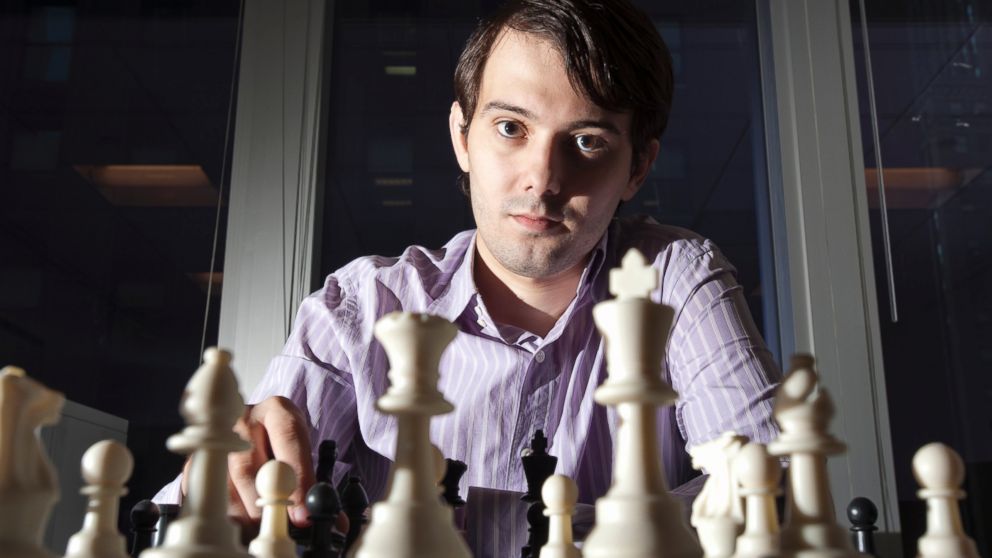Drug With Controversial 4,000% Price Hike Will Be Sold Half-Off to Hospitals, Company Says
Turing Pharmaceutical was criticized for raising the price of a drug to $750.

— -- The pharmaceutical company that came under fire for raising the price of the anti-parasite drug Daraprim says it will significantly lower the drug cost for hospitals, but not the overall list price.
Daraprim, a drug by Turing Pharmaceuticals used to treat toxoplasmosis, had a list price of $750 per dose as of October 2015 -- up from $18 per pill before Turing Pharmaceuticals bought the drug in August.
Turing CEO Martin Shkreli, under fire for jacking up the price, had said back in September that he would lower it, but did not give details at the time.
However, on Tuesday, Nancy Retzlaff, Turing's Chief Commercial Officer, pledged that no patient would be denied the drug based on their inability to pay and announced various price cuts to hospitals.
"Combined with our robust patient access programs, this is an important step in our commitment to ensure ready access to Daraprim at the lowest possible out-of-pocket cost for both hospitals and patients," Retzlaff said in a statement yesterday. "We pledge that no patient needing Daraprim will ever be denied access."
The company has a hotline for patients who want access to the drug. More than 60 million people carry the parasite that causes toxoplasmosis, however the vast majority will not require treatment because their immune systems are strong enough.
Daraprim is not the only drug available to treat toxoplasmosis and the CDC has a list of the different drugs that can be used to treat the disease.
The drug's price for hospitals will be cut by 50 percent, physicians will get sample packages for free, and the company will participate in federal and state programs where the drug will be available for as low as $1 per 100 dose bottle, Turing says. These account for approximately two-thirds of Daraprim sales, according to Turing Pharmaceuticals.
However, the list price, which affects how much the pills cost at a pharmacy, will not change. The company has not responded to repeated requests for clarification on the list price since October.
"Drug pricing is one of the most complex parts of the healthcare industry," Retzlaff said in a statement. "A drug's list price is not the primary factor in determining patient affordability and access. A reduction in Daraprim's list price would not translate into a benefit for patients."
However, the company said that with programs to help patients pay for the drug, there should be no more than $10 in out of pocket costs.
The company says they have multiple programs so that patients are not priced out of buying the drug including working with Medicaid, federal and state discount drug programs and providing the drug free to uninsured patients who are at or below 500 percent of the federal poverty level with the patient assistance program.
Karen Andersen, a senior biotech analyst at the investment research firm Morningstar, told ABC News in an earlier interview shortly after Shkreli pledged to lower the cost, that the new cost will reflect multiple factors in how the drug is made and marketed.
"Shkreli will likely consider the cost of manufacturing, the number of patients who will take the drug, and any marketing costs," Andersen said. "I would not expect the future price of Daraprim to subsidize the firm's R&D investments, particularly considering that the drug was not a product of their R&D investment. ... In this particular case, pricing is likely to become more a matter of public opinion than anything else."




